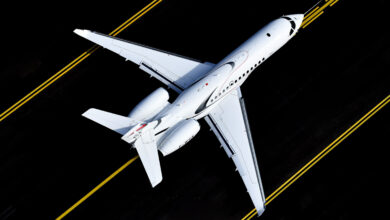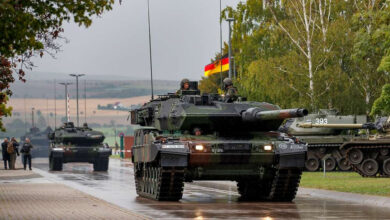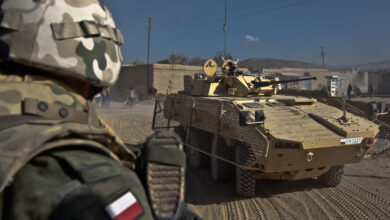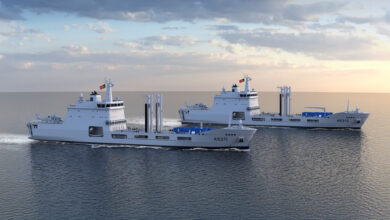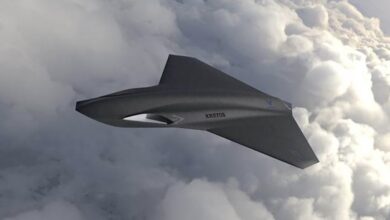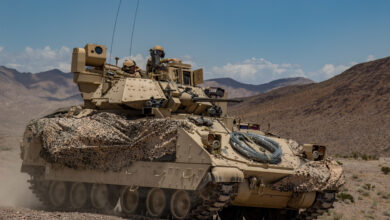Kratos Defense & Security Solutions has secured a $116.7-million contract to lead a consortium for the development of an Advanced Fire Control (AFC) Ground Infrastructure for the US Space Development Agency.
AFC is an ongoing program combining space and ground assets to produce modern, orbital fire control strategies supporting warfighters.
Under the agreement, the California-based company and its team will develop and supervise ground elements, including entry points and terrestrial network connections for the initiative.
The consortium will also equip necessary solutions into a government-owned facility dedicated to the effort called the Demonstration Operations Center and manage the site’s associated tasks.
Additionally, the group will be responsible for cloud environments related to space vehicle missions software hosting and industry partner integrations.
It will provide corresponding systems engineering, verification, and sustainment for all the AFC ground assets.
Work for the contract will be conducted for five years, with Peraton, ASRC Federal Systems Solutions, Stellar Solutions, and Sphinx Defense as members.
‘Sandbox’ Technology
Kratos noted that the AFC program will rely on space-based sensing approaches to enable real-time and accurate threat tracking and response operations coordination.
For this, the company will supply a “Ground Resource Manager” modeled from its cloud-native product to act as a one-stop hub to oversee future AFC satellite constellations and synchronize their command and control missions with the ground elements.
Once completed, the GRM and the broader AFC Ground Infrastructure will be used to test and design multiple prototypes for the Space Development Agency’s planned orbital assets that monitor and identify warheads such as hypersonic missiles.

“Advancements in missile technology and hypersonics that can travel at more than 3,000 mph (4,828 kmph) present new adversarial threats and will require new defensive capabilities to identify, track and respond to them rapidly,” Kratos Space Division President Phil Carrai explained.
“The AFCGI will serve as a standing sandbox for exploring and validating new technologies, solutions and techniques to address these threats with commensurate speed and agility.”
“The GRM will enable the Space Force to capitalize on best of breed technologies from across the most advanced developers, and seamlessly integrate and orchestrate their operations.”



